Navigating the West End: A Comprehensive Guide to London’s Theatrical Heart
Related Articles: Navigating the West End: A Comprehensive Guide to London’s Theatrical Heart
Introduction
In this auspicious occasion, we are delighted to delve into the intriguing topic related to Navigating the West End: A Comprehensive Guide to London’s Theatrical Heart. Let’s weave interesting information and offer fresh perspectives to the readers.
Table of Content
Navigating the West End: A Comprehensive Guide to London’s Theatrical Heart
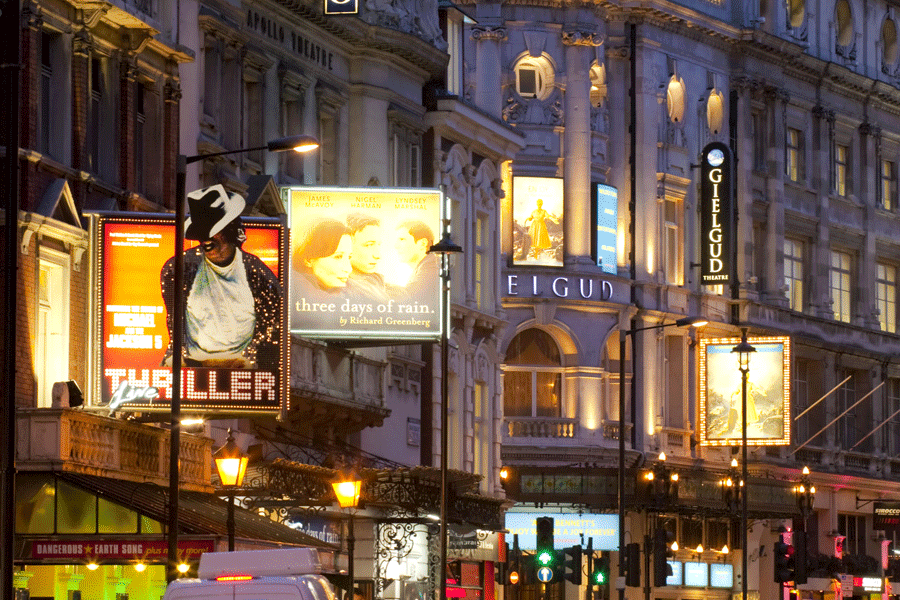
The West End, a vibrant district in central London, is renowned as the epicenter of British theater. Beyond its iconic theaters, the West End encompasses a dynamic tapestry of culture, entertainment, and history. This guide delves into the multifaceted nature of the West End, exploring its origins, attractions, and significance.
A Historical Journey: From Royal Courts to Theatrical Hub
The West End’s journey to theatrical dominance began centuries ago. In the 17th century, Charles II granted royal patronage to theatrical performances, giving rise to the first professional theaters in London. The area around Covent Garden, with its proximity to the royal court, became a focal point for theatrical activity.
Over time, the West End’s theater scene evolved. The 18th and 19th centuries saw the construction of grand theaters like the Drury Lane and Covent Garden Opera House, solidifying the West End’s reputation as a hub for theatrical innovation.
Theatrical Gems: From West End Classics to Contemporary Productions
Today, the West End boasts a diverse range of theaters, each with its own unique history and character. From the historic grandeur of the Royal Opera House to the intimate setting of the Donmar Warehouse, these theaters provide a platform for a wide array of productions.
The West End is renowned for its iconic musicals. Shows like "The Phantom of the Opera," "Les Misérables," and "Hamilton" have captivated audiences for decades, becoming synonymous with the West End experience. Alongside these classics, the West End embraces contemporary productions, showcasing cutting-edge talent and exploring diverse themes.
Beyond the Stage: Exploring the West End’s Cultural Landscape
The West End is more than just a theatrical district. It is a vibrant cultural hub, offering an array of experiences beyond the stage. Its streets are lined with world-class restaurants, art galleries, and museums, reflecting the diverse tastes and interests of its visitors.
The National Gallery, housing a vast collection of European paintings, stands as a testament to the West End’s artistic heritage. The British Museum, showcasing artifacts from around the world, offers a glimpse into human history and culture.
The Economic Impact: A Vital Engine for London’s Economy
The West End’s cultural significance translates into significant economic impact. The theater industry, with its numerous performances, productions, and related services, generates substantial revenue and employment opportunities. The district’s thriving hospitality and retail sectors further contribute to London’s economic well-being.
Navigating the West End: A Practical Guide for Visitors
Exploring the West End can be an enriching and rewarding experience. Here are some practical tips for visitors:
- Planning Ahead: Booking tickets in advance is essential, especially for popular shows. Websites like "London Theatre Direct" and "Official London Theatre" offer comprehensive listings and booking options.
- Transportation: The West End is well-connected by public transport. The underground, buses, and taxis provide convenient access to various locations within the district.
- Accommodation: The West End offers a range of accommodation options, from luxurious hotels to budget-friendly guesthouses.
- Dining: From Michelin-starred restaurants to charming cafes, the West End caters to diverse culinary tastes.
- Shopping: The district is home to designer boutiques, department stores, and independent shops, offering a wide array of goods and services.
FAQs about the West End:
Q: What are some of the most famous theaters in the West End?
A: The West End is home to numerous iconic theaters, including the Royal Opera House, Drury Lane, the Palace Theatre, the London Palladium, and the Lyceum Theatre.
Q: How can I find out what shows are playing in the West End?
A: Websites like "London Theatre Direct" and "Official London Theatre" provide comprehensive listings of current and upcoming West End productions.
Q: How much do West End tickets typically cost?
A: Ticket prices vary depending on the show, seat location, and performance date. Prices can range from a few pounds to hundreds of pounds.
Q: Is the West End safe for tourists?
A: The West End is generally a safe area, but it is always advisable to exercise common sense and be aware of your surroundings.
Conclusion: A Lasting Legacy of Theatrical Excellence
The West End stands as a testament to the enduring power of theater. Its rich history, diverse productions, and vibrant cultural landscape continue to captivate audiences from around the world. As a dynamic and evolving district, the West End promises to remain a beacon of entertainment and cultural excellence for generations to come.
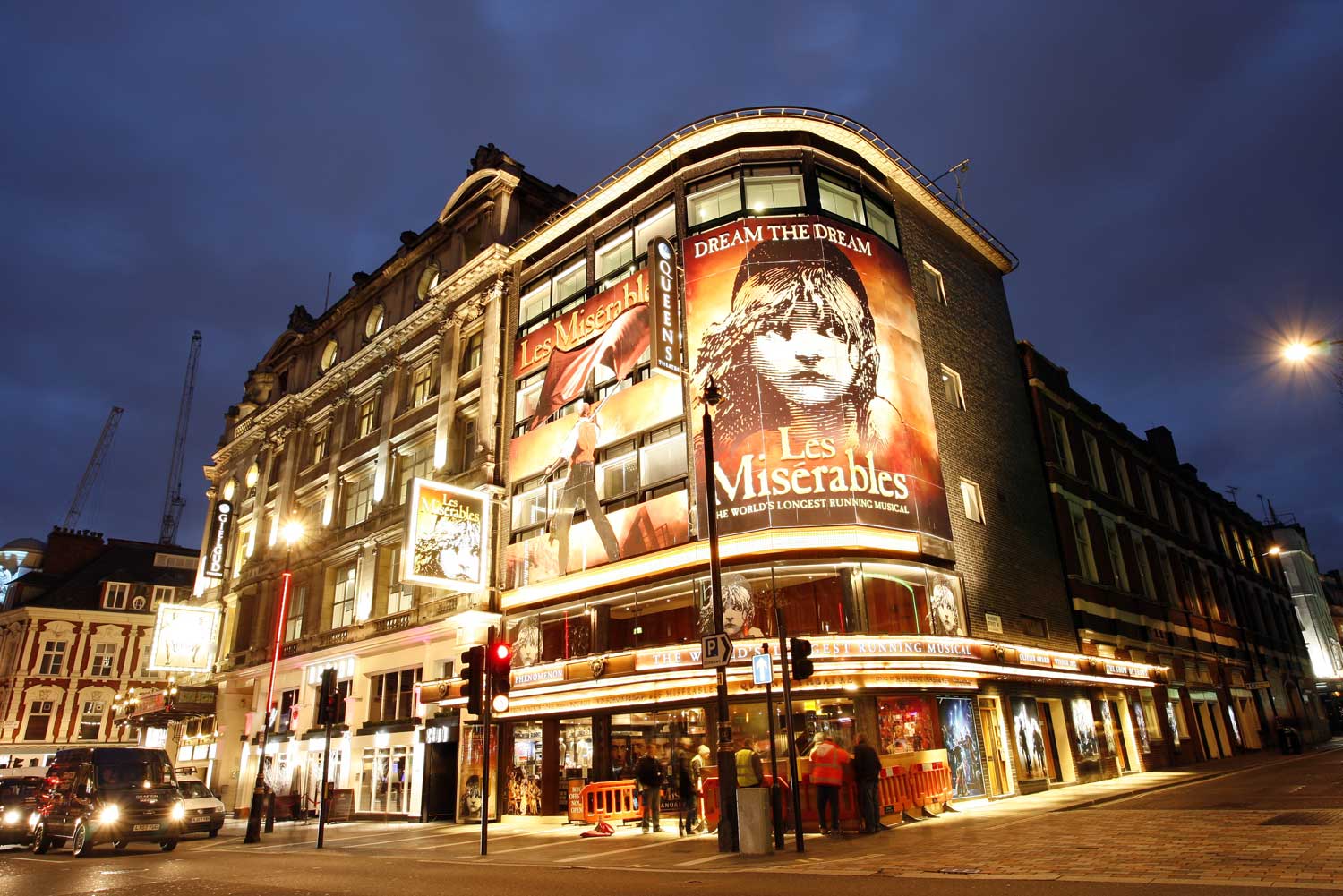

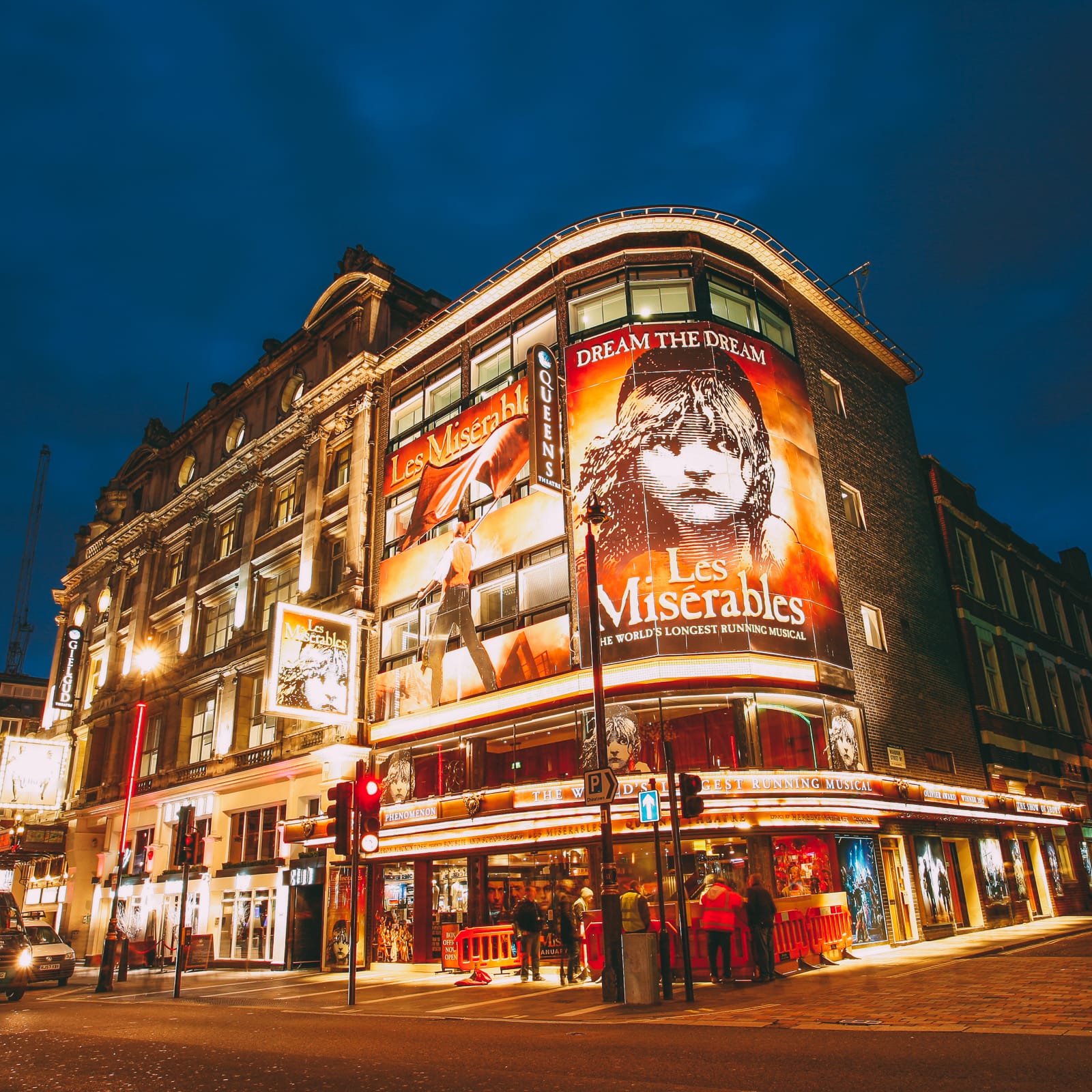
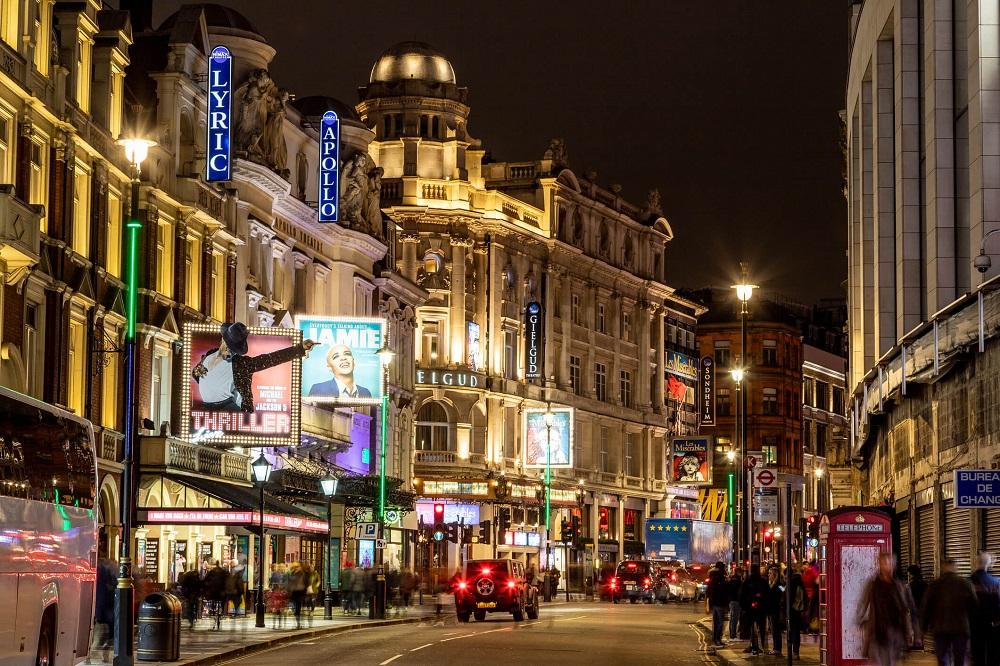

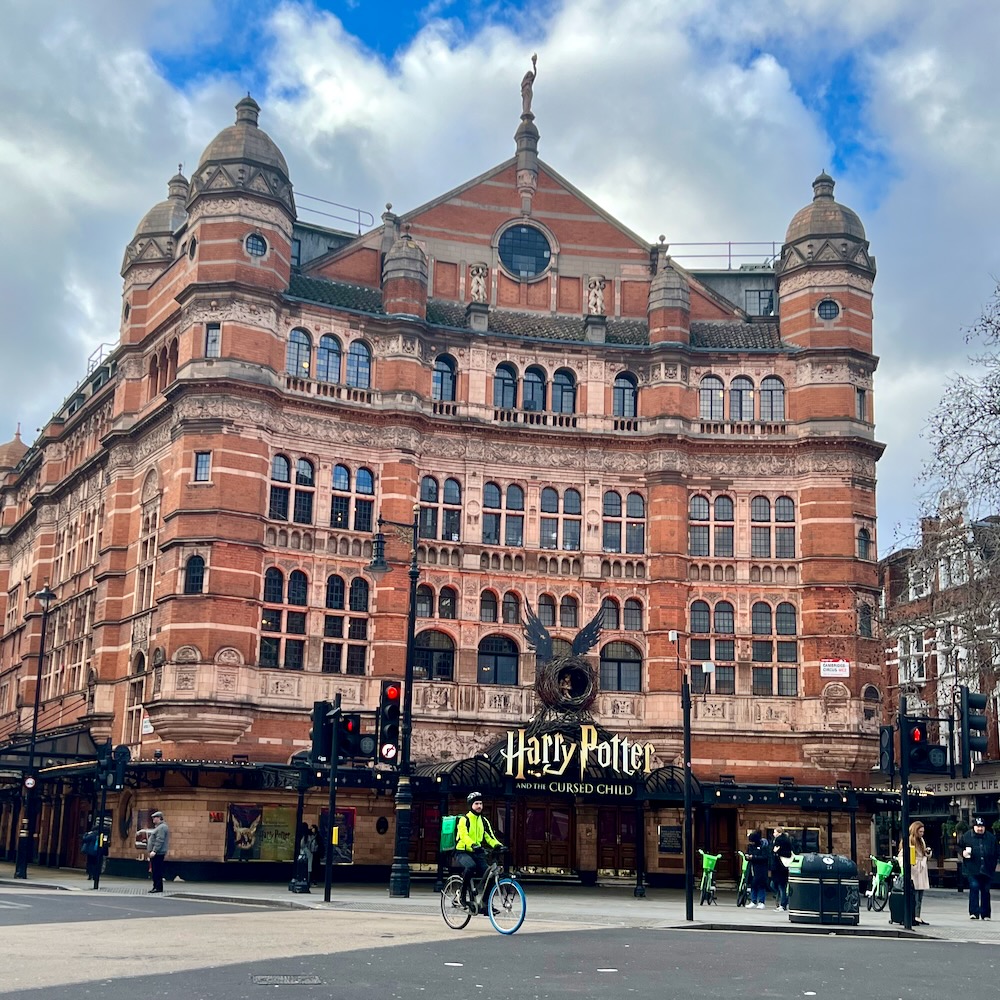

Closure
Thus, we hope this article has provided valuable insights into Navigating the West End: A Comprehensive Guide to London’s Theatrical Heart. We thank you for taking the time to read this article. See you in our next article!